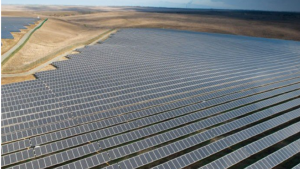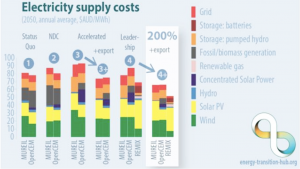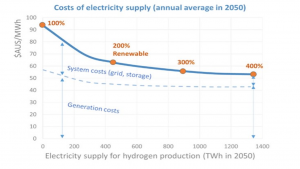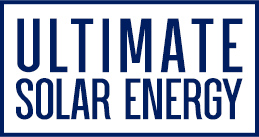Why an increase of 100 percent Solar Panels would be a better option-uses of solar energy 2019
Australia would be a global leader in zero-carbon energy exports and climate mitigation, According to a new energy transition scenario it is going to meet its domestic power demands that would take it well above 100 per cent renewables, to a big target of around 200 per cent more photovoltaics.Why an increase of 100 percent PV would be a better option- uses of solar energy 2019
By producing far more electricity than it needs the reasoning is relatively simple. – mostly from solar but also wind energy – It is also a possibility that Australia may become an exporting superpower of clean energy. Having excess capacity means less need for back-up facilities and less gaps in its domestic supply, and so lower costs.
The “Export +Leadership” scenario is among the six modelled which is a part of series of “Synthesis reports” published in the Australian-German Energy Transition Hub – a federal government and bilateral-backed initiative which is for research on energy transition opportunities.

Why an increase of 100 percent Solar Panels would be a better option
The Australia’s power advantage: Hydrogen export and Energy transition scenarios report, presented at a symposium hosted by the University of Melbourne on Wednesday, maps out scenarios running from Status Quo, to NDC (Paris targets), Leadership, and Leadership + Export and Accelerated, Accelerated + Export.
But it is the “200% Renewable Scenario” also the final scenario – that is eye catching, for its modelling roll-out that goes “far beyond” current electricity demand of a renewable energy , that is driving down costs of technologies and taking power prices along for the ride.
For each week of the year, “average electricity supply significantly exceeds average demand,”As the report explains it, with that surplus generation available for use through the electrolytic production of hydrogen for domestic storage and for export.
Perating with high flexibility in day-night cycles in line with a summer-peaking seasonal pattern. electrolysers would roughly follow the patterns of solar PV.

Why an increase of 100 percent Solar Panels would be a better option
For decouple hydrogen production it require large-scale hydrogen storage , from transport and export the report says.
Under this scenario, flexibility requirements and additional grid balancing would also be reduced, thus it will reduce system-related costs , and average electricity prices, which “converge towards the pure generation costs (LCOE) of renewable electricity,”
Building up a hydrogen export economy is an additional driver for deploying renewables for domestic demand as There is a significant co-benefit of generating hydrogen in a renewable-based system. the report shows.

solar-panel-quota-increase-benefits-2019
The Energy Transition Hub’s range of scenarios mark only the latest to be put forward for consideration by industry regulators and policy makers– including the range of pathways flagged by the Australian Energy Market Operator from last month.
“Energy market and Regulatory reforms will be needed to ensure efficient investment in new electricity generation and other energy production, storage of energy and infrastructure for transmission, additional demand flexibility to help with a cost-effective integration of variable renewables,” the report says.
“Getting regulatory settings right will help achieve lower electricity prices and lower energy costs . Governments are also needed to help manage the transition in regions where fossil- based industries are prominent.
“Finally, governments have an important role to play in determining the opportunities for large-scale renewables- including using hydrogen as an energy carrier based export industries, They may also have important roles in paving the way for such industries by establishing suitable fiscal and regulatory frameworks, facilitating infrastructure development where applicable, and helping to coordinate cross-country investment and trade in new energy.”
This leaves Australia with much work to do, particularly in light of Wednesday’s news that Australia has been barred from speaking at next week’s UN climate change summit, due to its continued support for coal.
Read more about Solar Panels in victoria 2019 – What You Need To Know

